It is no longer news that the Petroleum Products Marketing Company (PPMC), a subsidiary of the Nigerian National Petroleum Corporation (NNPC), announced a new ex-depot price of N151.56 per litre for petrol, raising pump price at the outlets to N161 per litre, a development some Nigerians and critics perceived as “insensitive’’ or “ill-timed’’in view of the prevailing Covid-19-induced socio-economic hardships.
Precisely, PPMC had on Wednesday, September announced the new price regime to the consternation of industry players, Nigerians, and the decade-long few subsidy beneficiaries.
But for economic experts who have been monitoring developments particularly as the COVID-19 throwbacks had threatened the national economy with the grim realities of pushing it into a deep recession, the move is certainly is long overdue, a throwaway by past administrations which lacked the political and economic will to nail the coffin of the national sleazes.
The rejection is understood by a few Nigerians who are benefiting because it signals the Federal Government’s daring and bold initiative to stop the corruption-ridden fuel subsidy regime.
Subsidy payment had continued to increase over the years, hitting an N1. 149, 385 trillion in 2019, a year when only a mere $1 billion was provided in the budget, forcing a massive deficit government had to patch through borrowing and endangering the national economy and individual livelihoods.
For President Muhammadu Buhari’s administration it is a burden it is shedding with the withdrawal of subsidy payments which has inevitably and inescapably led to the increase in pump price.
With the landing cost of petrol currently at N207.98, the government would have to pay N62.98 subsidy per litre of petrol and the NNPC has to defray an estimated N3.149b per day under what is tagged “under-recovery.”
This is a debate that has been going on for years and experts have come to the conclusion that this is not sustainable in a country such as Nigeria where the subsidy fund could do a lot to develop critical infrastructure to grow the economy.
Again, the argument against subsidy payment is further reinforced by the current lopsided situation where Nigeria’s low fuel pricing has further boosted smuggling of the product to West African countries where prices are far higher.
For instance, in Niger Republic which borders Katsina State, petrol sells for N346 per litre while in Cameroon it sells for N449. In Ghana it is N332 while in Benin Republic down south, it sells for N359 per litre.
According to data from www.globalpetrolprices.com, Nigeria is the only country in West Africa where petrol sells for less than N200 per litre, and this has allowed unscrupulous marketers to promote smuggling of the product to the detriment of the country.
The argument that Nigeria is an oil producing country and should provide petrol at cheaper cost does not hold water since the country has relied largely on importation for local consumption.
The reason is not far-fetched as Nigeria’s refineries have not worked at optimum capacity in the last two or three decades due to lack of adequate maintenance and corruption in public expenditure.
Nigeria now has the opportunity to invest the huge sums that would have gone into subsidy payment into the four refineries to make petrol available locally, which is the only viable option to make the product cheaper.
Those who protested against removal of subsidy under the Goodluck Jonathan government in 2011-2015 took that action because of apparent lack of confidence in the ability of the administration to manage the surplus funds well in view of the widespread perception of the administration as corrupt and unwilling to stop the squandering of public resources.
There is no doubt that the President Muhammadu Buhari administration has amply demonstrated that public resources would no longer be imprudently managed or frittered away and has, therefore, showed the desire and commitment to invest in capital projects across the country.
Many would argue that even opposition political party or parties criticizing the Buhari administration for the withdrawal of fuel subsidy are being hypocritical and playing to the gallery because they know it is the right thing to do.
In 2012, when Jonathan government’s attempt to withdraw fuel subsidy was protested against by Nigerians, the then Minister of Finance and Coordinting Minister on the economy, Dr Ngozi Okonjo-Iweala was quoted in a TELL Magazine interview as saying, “Nigerians would have to decide whether they want to remove fuel subsidy or they want the country to collapse.”
Those words are even truer today more than ever before after emerging from a devastating Covid-19 pandemic economic lockdown with dwindling internally generated revenue.
As pointed out and clarified by the Minister of State for Petroleum, Chief Timipre Sylva last week, removal of subsidy and the deregulation of the oil sector is an economic imperative.
According to him, the government is no longer in the business of fixing prices for petroleum products, we have stepped back.
“Our focus now is on protecting the interest of the consumers and making sure that marketers are not profiteering,” Sylva said.
As a general maxim, there is no gain without pain. Nigerians need to bear the initial pain and sacrifice for the country to stop a few and stupendously rich beneficiaries of fuel subsidy from further milking our common wealth. If the madness had lingered for decades, definitely it must come to an end one day and the time is NOW !












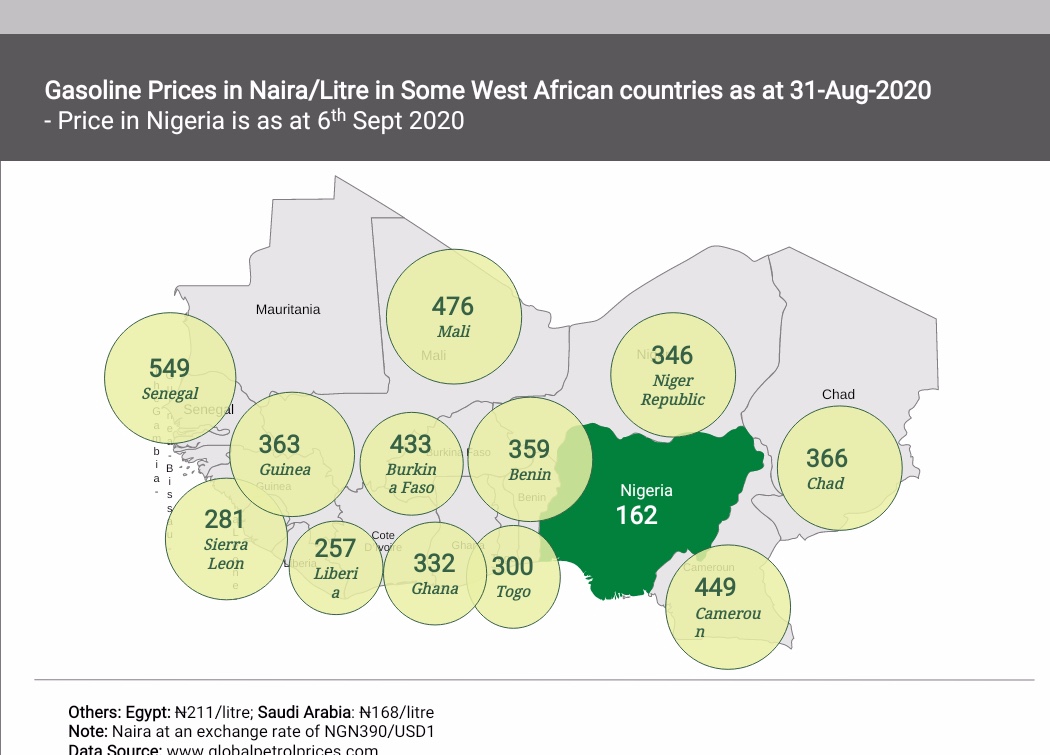



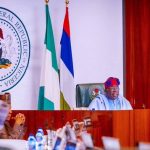










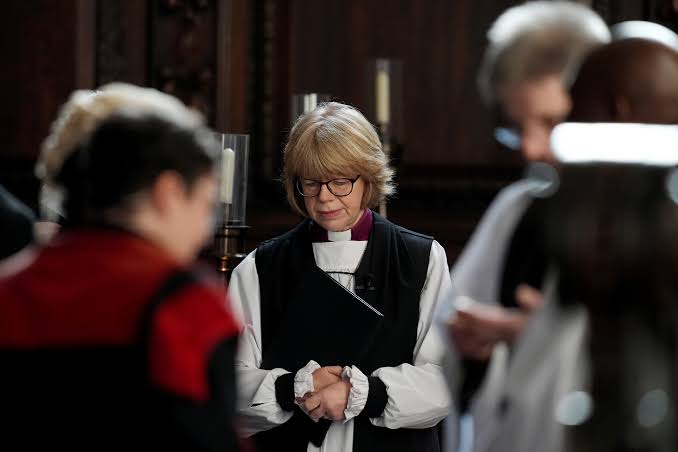

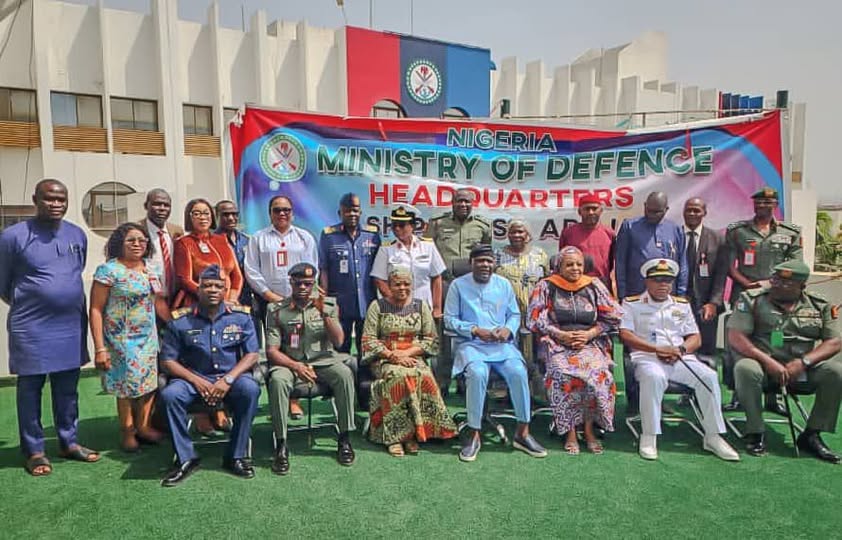
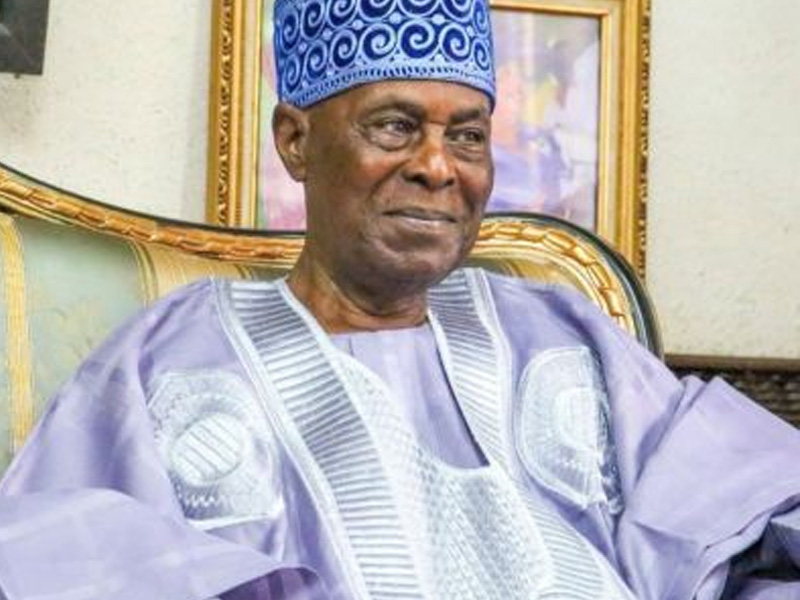

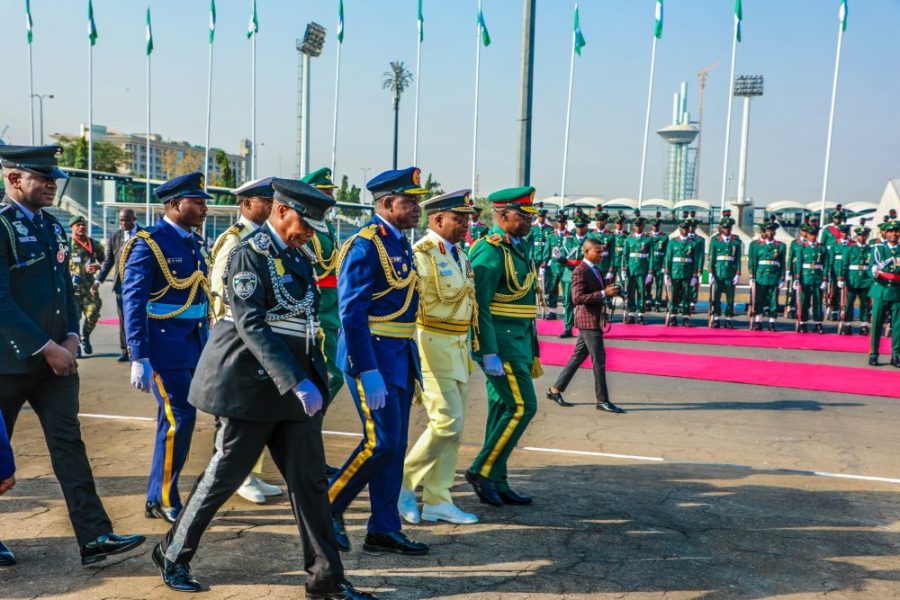
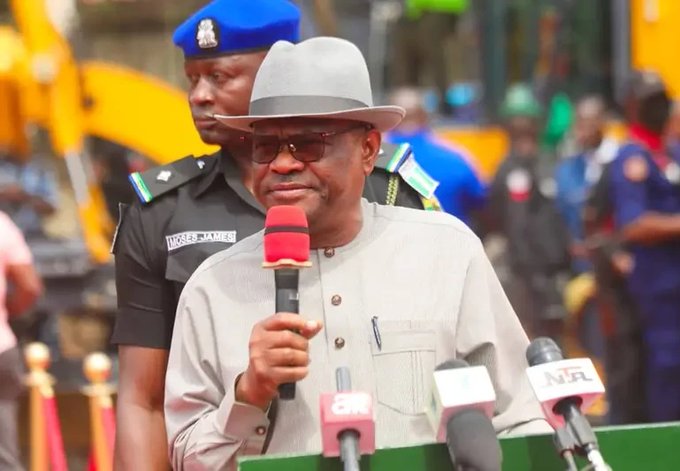
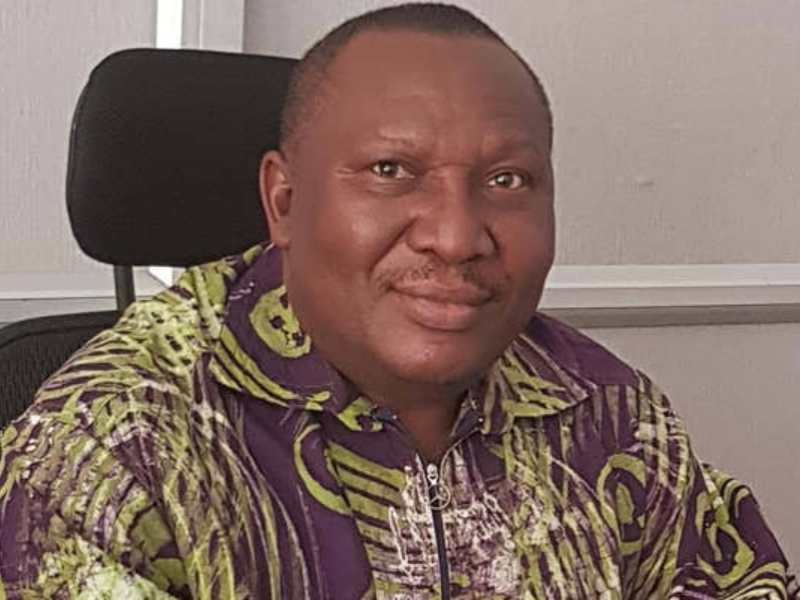
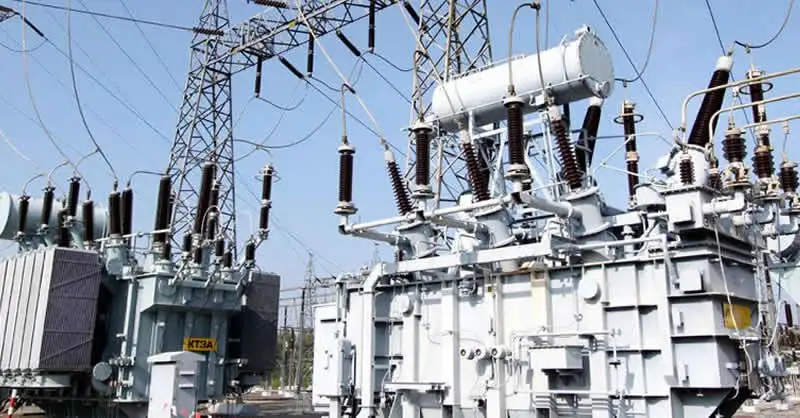


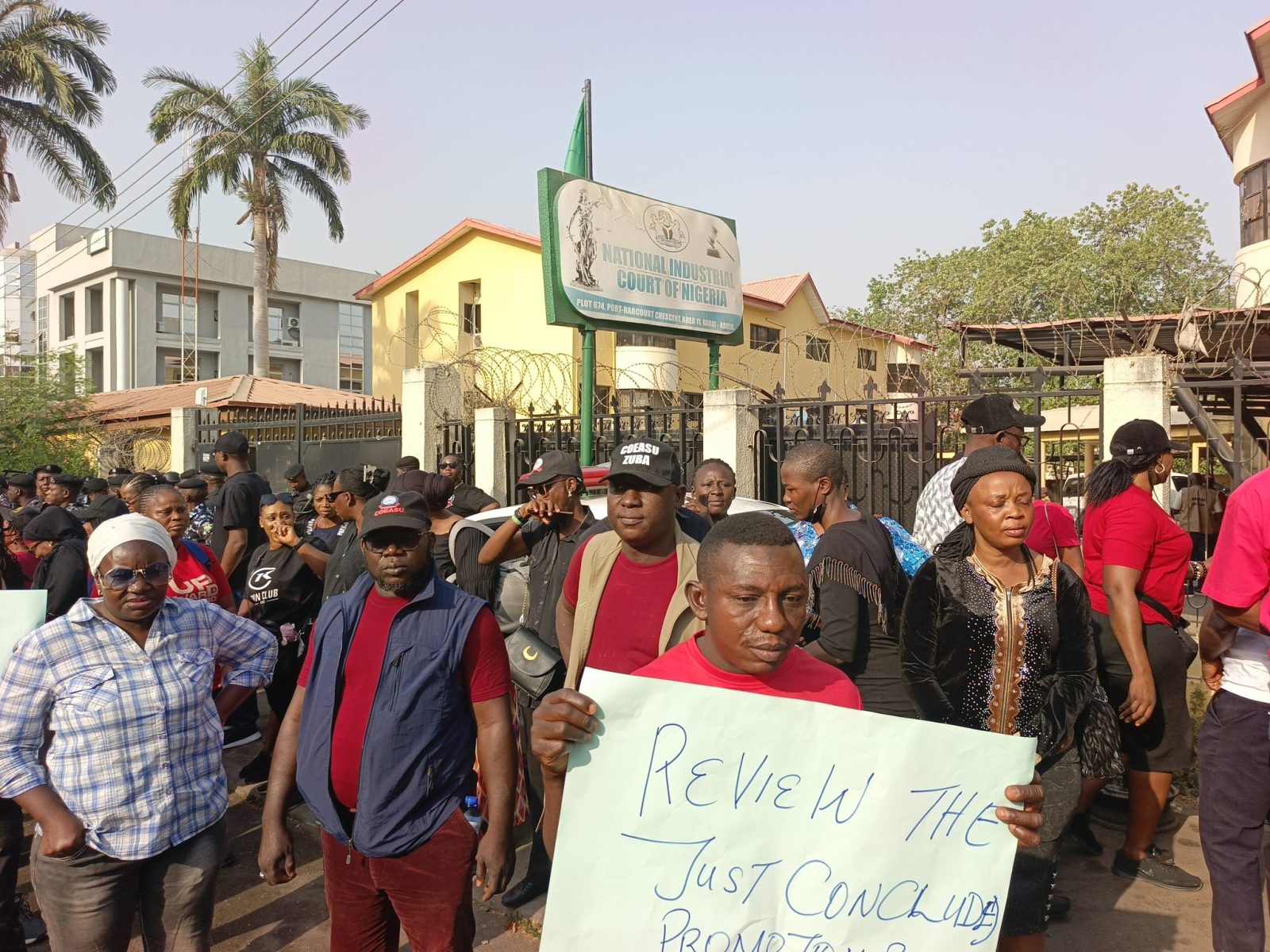
Leave a comment